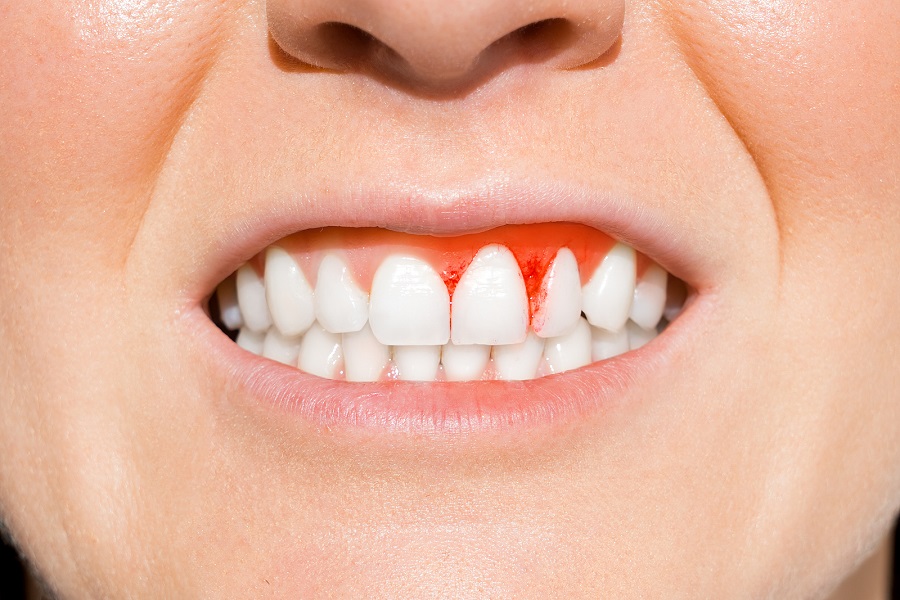Anemia is a condition where the body does not have enough healthy oxygen-carrying red blood cells. While this condition can affect anyone, it is most often seen in women and children.
There are two types of anemia, iron deficiency, and vitamin deficiency. The human body needs iron to produce hemoglobin, the part of red blood cells that makes it possible for them to bind and carry oxygen throughout the body. When the body does not have enough iron or hemoglobin, it can lead to serious health problems such as fatigue, headaches, dizziness, pale skin, and other issues.
There are actually several kinds of vitamin deficiencies that can cause anemia, including a lack of vitamin B12, folic acid, calcium, or vitamin A. These can all cause issues with red blood cell formation and lead to anemia. To get your vitamins from food, try eating more broccoli, spinach, kale, citrus fruits, cauliflower, eggs, almonds, and pineapple. For B12, you can also look to fish, beef, chicken, or milk for sources.
If you think you may have an iron deficiency, make sure to talk to your dentist to see what you can do to treat it. Sometimes supplements or a change in diet can help. In other cases, you may need an iron supplement or medication to help you regulate your body’s iron levels. Be sure to talk to your doctor about any concerns you might have about your dental health as it relates to your health and well-being.
How Common Is Anemia?
According to the National Heart, Lung, and Blood Institute, nearly half of all adults over the age of 60 have some form of anemia due to decreased production of red blood cells or an increased need for blood in their body. Though anemia is common and often not serious, it does require treatment in many instances to prevent more serious problems from developing.
How Does Anemia Affect Your Dental Health?
When your body does not get enough oxygen-rich blood, it tries to compensate by sending more blood and nutrients to your vital organs first. This can cause severe fatigue, loss of appetite, and headaches. If left untreated for too long, you can develop more serious health complications. One common complication is gum disease.
Our bodies use iron to form hemoglobin in red blood cells. These blood cells deliver oxygen from your lungs to the rest of your body. Without enough iron in your diet, your body cannot produce enough healthy red blood cells. This can lead to periodontitis.
Periodontal disease is an inflammatory condition that affects the gums and bones that support your teeth. This is caused by plaque buildup on the teeth and bacteria that attack the gums. During an anemic episode, you may experience bleeding in the gum tissues and increased inflammation of the gums, which can lead to gingivitis or an infection of the tissues surrounding and supporting the teeth.
The condition can be reversed once your blood levels of iron are normalized. However, you should still take care of your oral health by brushing and flossing regularly and avoiding sugary foods and drinks. You should also visit your dentist for regular checkups to catch any oral problems early.
You can visit our office at 3550 S 5600 W #3, Salt Lake City, UT 84120, and get to know our team here. For bookings, call us at (801) 966-3166.
Share On

When Should Wisdom Teeth Be Removed?
Anemia is a condition where the body does not have enough healthy oxygen-carrying red blood cells. While this …

Periodontal Disease - Diagnosis and Treatment
Anemia is a condition where the body does not have enough healthy oxygen-carrying red blood cells. While this …

What Are the Benefits of Root Canal Treatment?
Anemia is a condition where the body does not have enough healthy oxygen-carrying red blood cells. While this …
